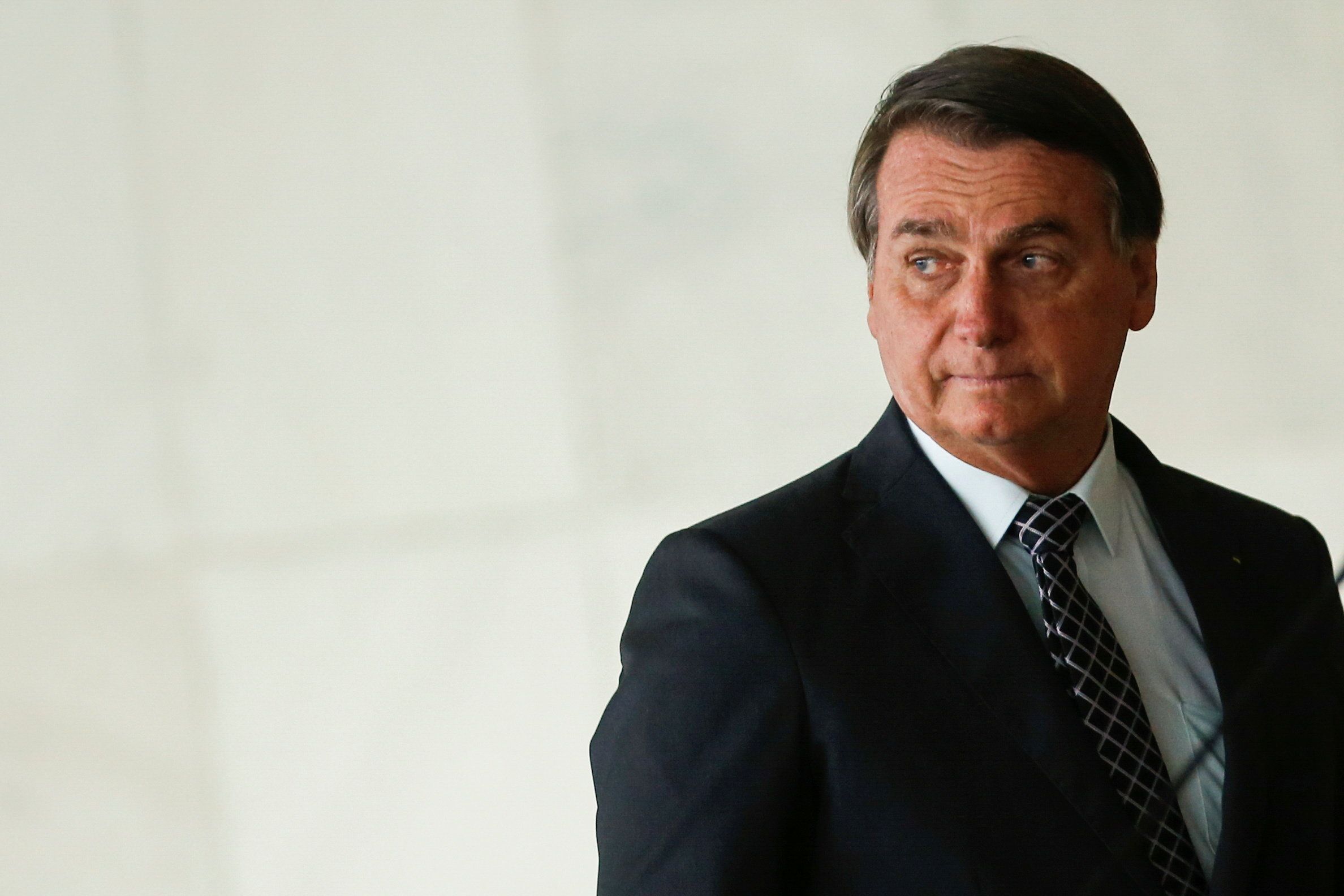What We're Watching: Bolsonaro's setback, Western Sahara flare-up, Moldova's new president
Bolsonaro allies suffer in local elections: Elections haven't brought great news for Brazil's far-right president Jair Bolsonaro lately. First his gringo pal and ideological trailblazer Donald Trump lost his re-election bid up North. Then, this past weekend, dozens of candidates whom Bolsonaro supported in Brazil's local elections failed to win outright or even make it to runoffs. According to one tally (Portuguese) by the daily Estado de São Paulo, only 9 of the 59 candidates whom the president supported advanced in any way. This is the first Brazilian election to gauge the national mood since the onset of the coronavirus — which has taken more lives in Brazil than anywhere except the US. Overall, incumbent politicians and traditional parties generally fared well. Does that mean the anti-establishment furor that swept Bolsonaro to power in 2018 is fading? It's hard to say just yet — but as Bolsonaro begins to position himself for re-election in 2022, these election results will surely be on his mind, and ours.
Western Sahara conflict flares: For decades, the Sahrawi nomads of the Western Sahara have demanded independence from Morocco, which took control of the region in the mid 1970s after Spanish colonial forces withdrew. A bloody and inconclusive war between Morocco and the local Polisario Front (a Sahrawi rebel liberation movement) ended with a fragile UN-backed truce in 1991. Now, after thirty years, tensions are flaring again, as Moroccan forces launched a military operation in a UN-controlled demilitarized zone in response to what Rabat says are recent provocations by Polisario guerillas. The Polisario, for their part, say they are fed up after years of false promises: when the 1991 armistice was declared, the UN created a mission (known as MINURSO) to monitor the ceasefire and facilitate a referendum in which the Sahrawi would choose between independence or unification with Morocco. But no such referendum has ever taken place. Meanwhile, thousands of displaced Sahrawi continue to live in squalor in refugee camps in neighboring Algeria. This conflict now threatens to further destabilize the tumultuous Sahel region, which is already grappling with a deadly Islamic insurgency, a civil war in Libya, and a flare up in Ethiopia that's spilling over into Sudan and Eritrea.
Moldova's new president: Pro-EU opposition candidate Maia Sandu won the presidential runoff in the small former Soviet republic of Moldova, defeating the staunchly pro-Russian incumbent, Igor Dodon, by a staggering 15-point margin. Sandu, a former prime minister and World Bank economist, has called for closer ties to the EU and more serious efforts to tackle the country's staggering level of corruption (an infamous bank fraud scheme totaled almost a fifth of the country's GDP). Moldova, one of the poorest countries in Europe, has long been caught in a tug of war between its former imperial masters in Moscow and the (distant) promise of EU membership. Sandu's upstart victory is something of a black eye for Russian president Vladimir Putin, who had openly backed Dodon. We are watching to see how Sandu navigates her country's foreign relations while trying to make much needed improvements at home.
